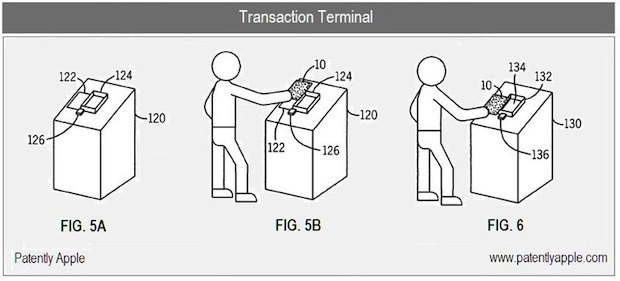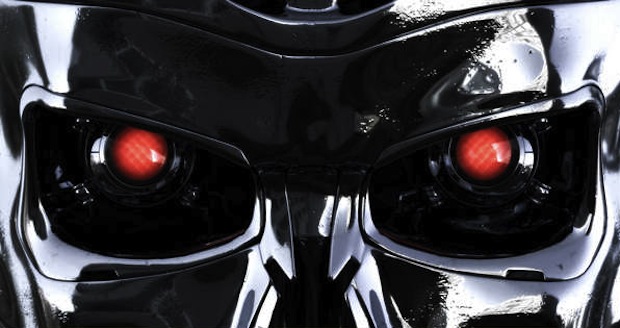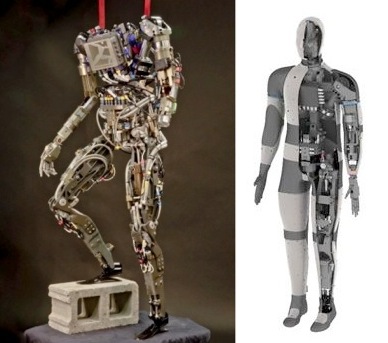A team of IBM researchers spent four years building Watson, a computer system clever enough to beat the best Jeopardy players in the world. And although the three-day competition marked the end of Watson’s game-show career, it was just the beginning of Watson’s life in business.
One of the things that makes Watson unique is its ability to understand natural language—“getting at the meaning of words and understanding what humans meant, not just what they said or wrote,” says Katharine Frase, IBM’s vice president of research. OnJeopardy this means being able to pick through a riddle of a quiz-show clue; in the corporate world it could be used to decipher the needs of a customer. For example, callers to a help desk often “don’t describe the problem in a language that the person on the other end of the phone understands,” Frase says. A Watson-like system would act as a translation tool, turning English into engineerese.
Once Watson knows what is being asked, it must find the answer. The system that appeared on Jeopardy was preloaded with 200 million pages of encyclopedias, newspapers and works of literature. Any Jeopardy champion has absorbed a good deal of this material over the course of a curious life. But consider the medical literature, where “there’s so much information it seems almost inhuman to ask a doctor to be up to speed,” Frase says. This makes it perfect for the extremely inhuman Watson. One of IBM’s first projects will be to develop a system that would allow a small-town doctor to investigate a strange constellation of symptoms. From here it is easy to imagine a machine built for law or finance, one loaded with every legal decision handed down by the courts or the full text of every financial document published by every publicly traded entity in the world.
But one thing Watson can’t help with is deciding what projects to prioritize. “At this point the hardest problem is figuring out all the things we could do and what we should do,” Frase says. The company hopes to build prototype systems by the end of the year. After four years of education, Watson has passed its final exam; now it’s time to go find a job.















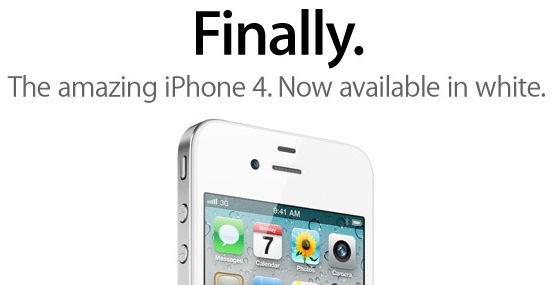
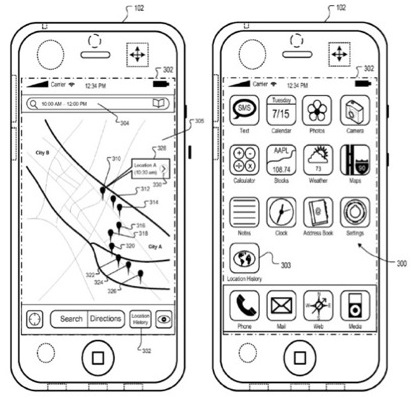 Apple filed a patent numbered 12/553,554 last month with the USPTO and sites like Gawker haveused it to argue Apple has plans to "spy" on its users, and even to hint the consolidated.db file is no accident--it's the first stage in Apple's plans. But glancing at the patent it's immediately obvious that the future "location history database" file it mentions has very useful, innocuous purposes. Apple suggests the file could be used to geo-tag photographs taken by the iPhone's camera, presumably long after you snapped the image and forgot where it was. This could help you use the images in systems like its own iPhotos app--which has a "places" feature--as well as other online photo databases.
Apple filed a patent numbered 12/553,554 last month with the USPTO and sites like Gawker haveused it to argue Apple has plans to "spy" on its users, and even to hint the consolidated.db file is no accident--it's the first stage in Apple's plans. But glancing at the patent it's immediately obvious that the future "location history database" file it mentions has very useful, innocuous purposes. Apple suggests the file could be used to geo-tag photographs taken by the iPhone's camera, presumably long after you snapped the image and forgot where it was. This could help you use the images in systems like its own iPhotos app--which has a "places" feature--as well as other online photo databases.